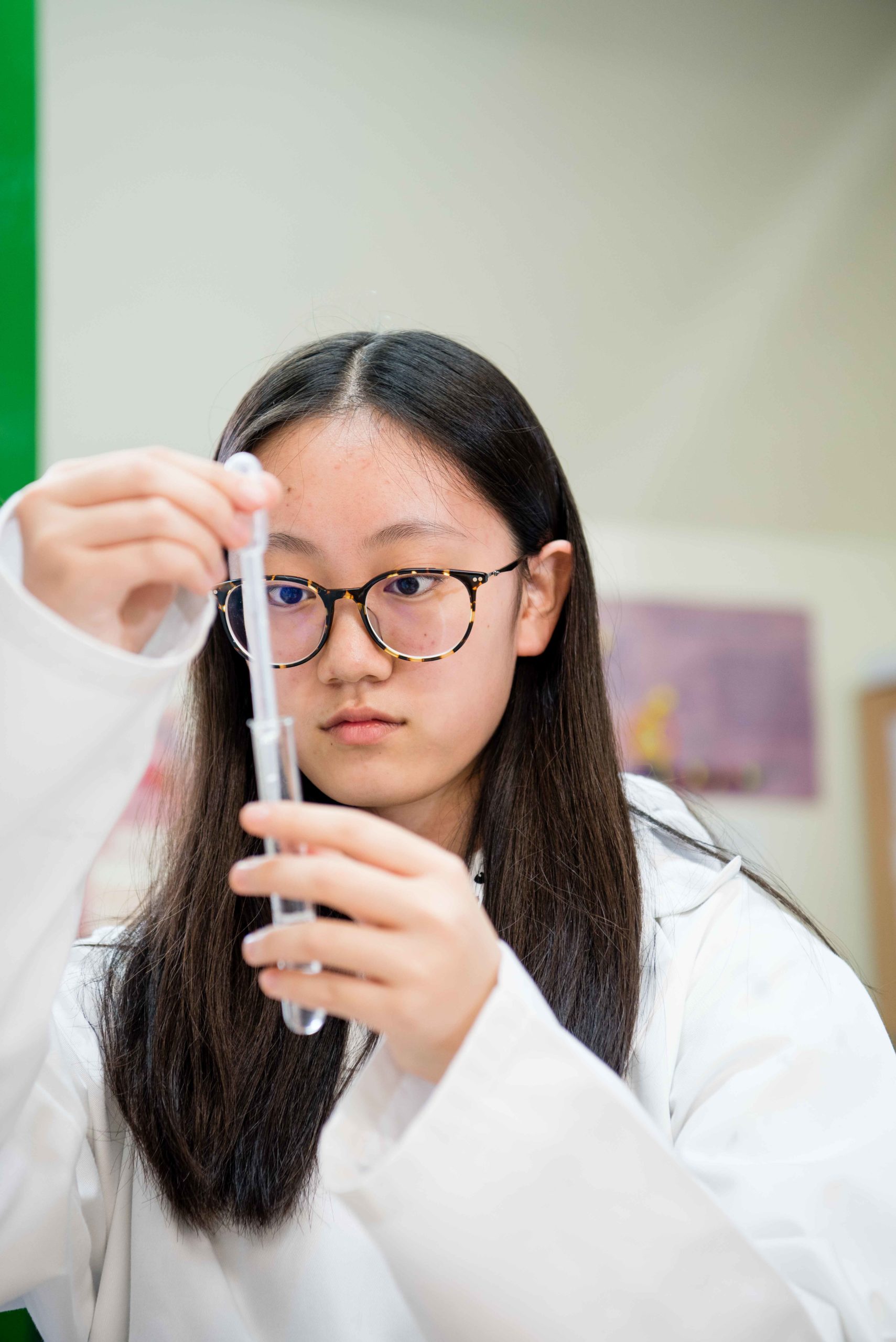A-level Biology
All living organisms are made of cells and if you are interested in how cells work and why living organisms are the way they are, then Biology is for you.
Apply online
Exam Board: OCR
Biology
Biology is the study of life. All living organisms are made of cells, some, for example bacteria exist as a single cell and although humans begin as a single cell formed after fertilisation, as adults we consist of trillions of cells which work together to bring about the major life processes. In A-level Biology you will learn how these cells are formed and how specialised structures within them allow them to carry out their functions. We will consider all major forms of life and their interactions with each other and the environment. The study of Biology is relevant to our lives today and in the future. We are in a world which needs people with the skills that you acquire when you train as a biologist. The knowledge of how DNA works to control cells (gene expression) is fundamental to Biology and impacts on innovative cancer treatments, for instance.
This course is only available for the September start 2 year A-level.
Entry Requirements
A good grounding in Biology is essential – preferably a 6 or 7 at GCSE. The best preparation would be a separate GCSE in Biology rather than Combined Science. You will also need to be competent in Mathematics and Chemistry. You can combine Biology with any subject but you will find that studying Chemistry will help you in particular. You need to have a good level of English, both written and spoken. You should have a curiosity about the subject and the ability to think for yourself.
Course Content
In Year 1 students will study:
Module 1 – Development of practical skills in biology
Module 2 – Foundations in biology
Module 3 – Exchange and transport
Module 4 – Biodiversity, evolution and disease
In Year 2 students will study:
Module 1 – Development of practical skills in biology
Module 5 – Communication, homeostasis
and energy
Module 6 – Genetics, evolution and ecosystems
Where does it lead?
Past students have gone on to study many different degree courses. These include Pharmacy, Medicine, Veterinary Science, Biomedical Science, Dental Technology, Dentistry, Law, Psychology, Chemical Engineering, Chemistry, Accounting and Finance. The list is very varied and reflects the fact that Biology is a valued A-level that leads to the development of a critical, analytical approach to information by students who can present their conclusions coherently.
Assessment
You will complete a minimum of 12 required practical activities spread over the 2 years. During these tasks, teachers will assess your practical skills against criteria set by the exam board. If you display competence of all these skills, you will be awarded a ‘PASS’ grade for the practical endorsement which will be recorded on your exam certificate. Practical work is also assessed in each of the external examination papers.











